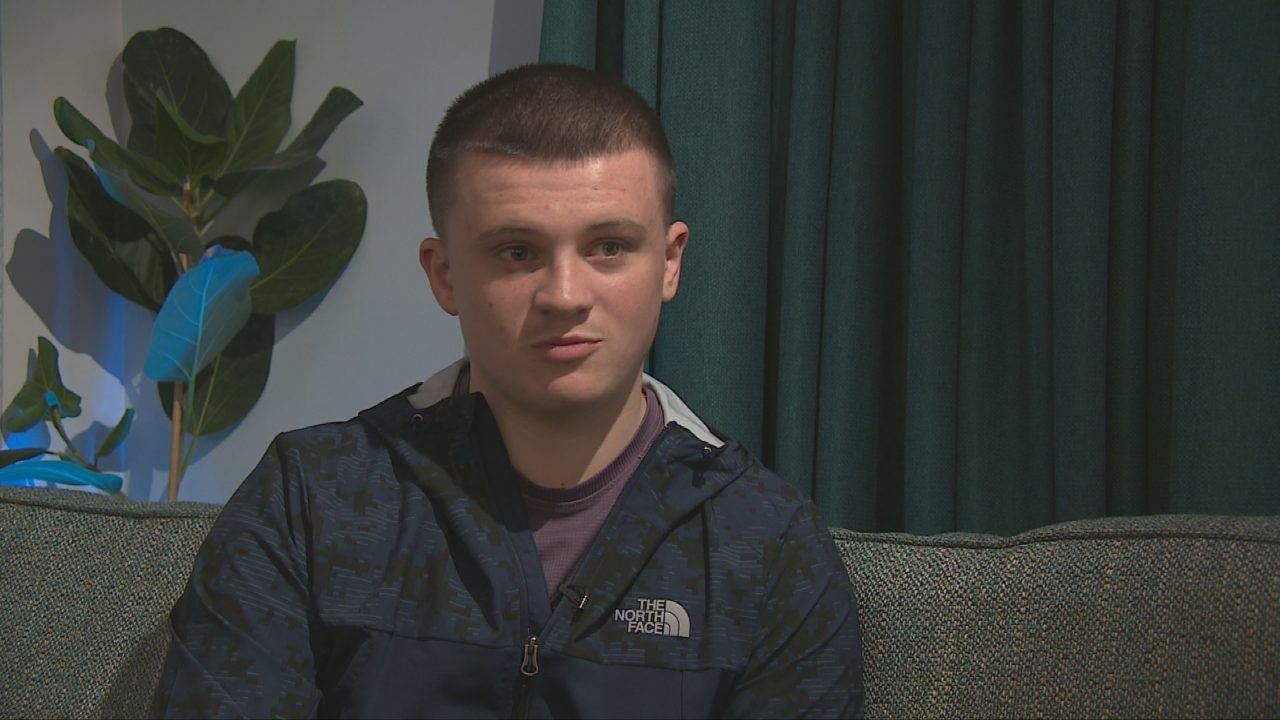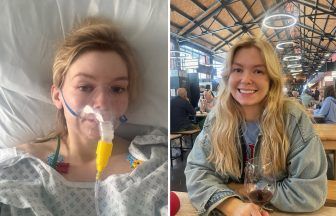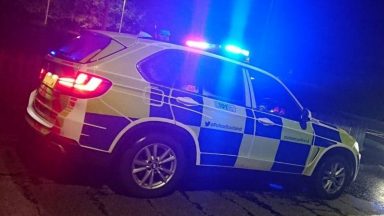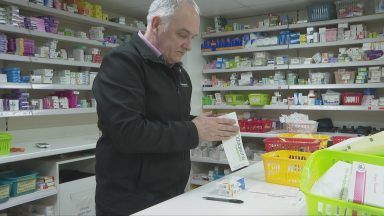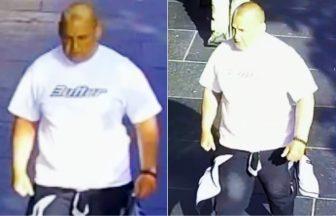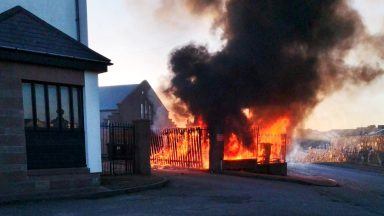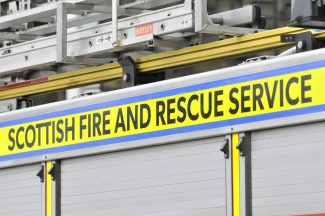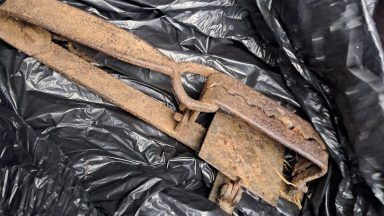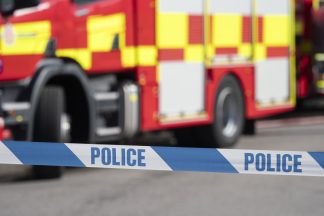Scotland risks remaining Europe’s drugs-death capital unless long-term funding for addictions services is strengthened, experts warn.
Despite a decline, more than a thousand people lost their lives in relation to drugs misuse last year.
STV News has been given access inside the first government-funded residential rehabilitation centre in North East Scotland.
Drugs like cocaine caused Graeme Johnston’s life to plunge into an uncontrollable addiction – forcing him to seek help at 20 years old.
“I was hanging out with pals and they’re taking drugs, and I started taking drugs and it spiralled,” he told STV News.
“Eventually you do more and more, and it doesn’t calm you down.
“But you see it with a lot of people as well – you go to pubs, clubs anywhere and there is always someone taking it in the toilet. It’s glamourised.
“It’s expensive and the debt that comes with it isn’t good. You run thousands and thousands of pounds worth of debts before you know, I had to get help to pay it eventually because it was getting too much.”
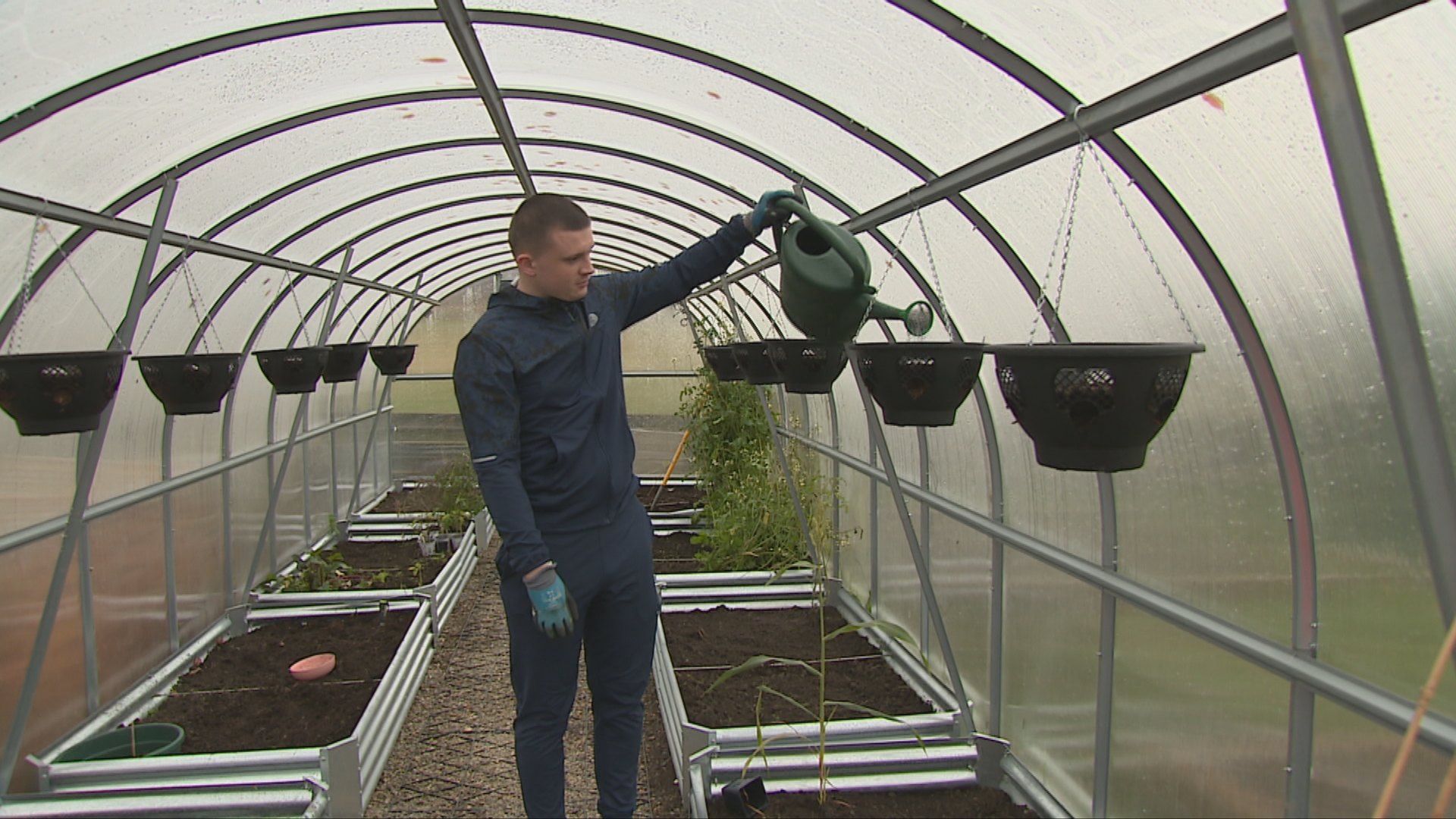 STV News
STV NewsHe’s now spent the past six months at this rehab in Aberdeenshire, becoming the youngest person to ever complete the programme at the facility.
“I wasn’t going to go anywhere before I came here. I would just be stuck in the same routine which wasn’t healthy at all.
“It was good coming here – because now I have doors opened for volunteering from when I’m out. It’ll be good to get out and try new things – that’s something I definitely wouldn’t have done because I didn’t have the confidence to do before.”
Rae House, situated in rural Aberdeenshire, is the first government funded residential rehab in the North East.
With 27 rooms, the service offers programmes like relapse prevention, harm reduction and recovery through nature.
Although the first of its kind facility opened earlier this year, alarm bells about the drugs crisis have been ringing for years.
Scotland continues to have the highest drug death rate in Europe – and demand for support services is only increasing.
Waiting lists at Rae House continue to grow.
‘We need more long-term funding’
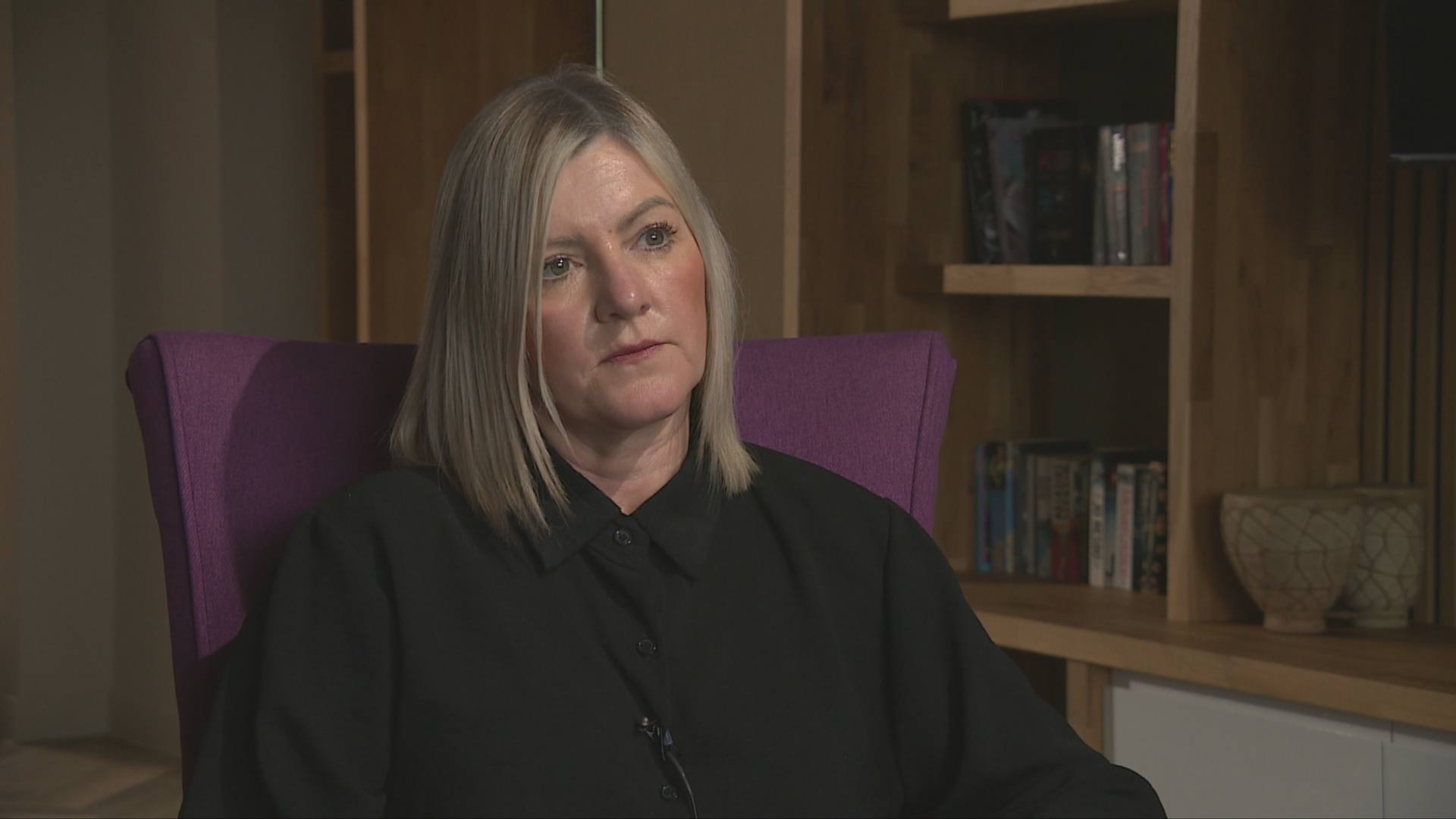 STV News
STV NewsCharlene Gilmour, Phoenix Futures’ head of services for North East Scotland, says more sustainable funding is vital.
“We would love to see more long-term commitment from the Government for block funding for residential rehabs.
“We would love to see more services commissioned in rural areas such as Rae House so we can create greater equity of access for those who need it more, not just for those who can advocate for themselves.”
More than a thousand (1,017) people died of drugs misuse last year – that’s a 13% decrease from the year before.
But, in the first six months of this year, there were more than 600 (607) suspected drug deaths – 3% more than during the same period in 2024.
‘We need to meet people where they’re at’
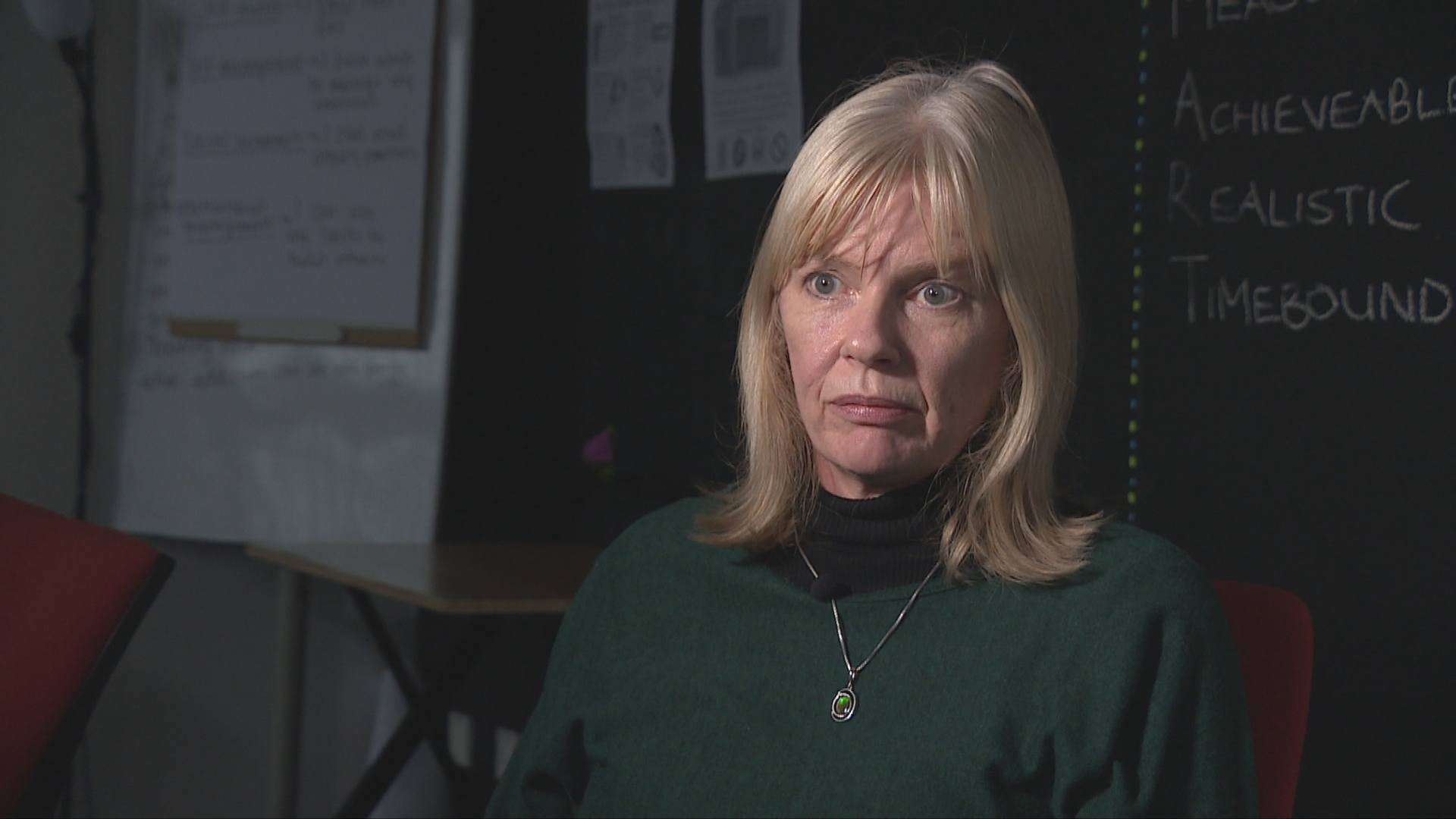 STV News
STV NewsAlison Thomson, Aberdeenshire’s service manager for Alcohol and Drugs Action, says poverty and deprivation are the biggest drivers in drug use across the region.
But she says the internet has also changed the landscape of drug use in Scotland.
“The drug scene changes so quickly,” she said.
“The internet has probably changed an awful lot of things – the way people use drugs, the different drugs available. Trying to keep up with that is incredibly challenging.
“It’s about really trying to keep our knowledge up to date.”
She said being flexible and responsive is vital to helping people, particularly in rural areas where it’s harder to access public transport and WiFi.
” We need to see people essentially when they are ready and meet them where they’re at.
“If you can’t come to us, then we’ll come to you, whether that’s a place near you, using phone or a video call.
“Addiction is a mental health issue – we all need to work together to produce the best outcomes.”
‘I was a working addict’
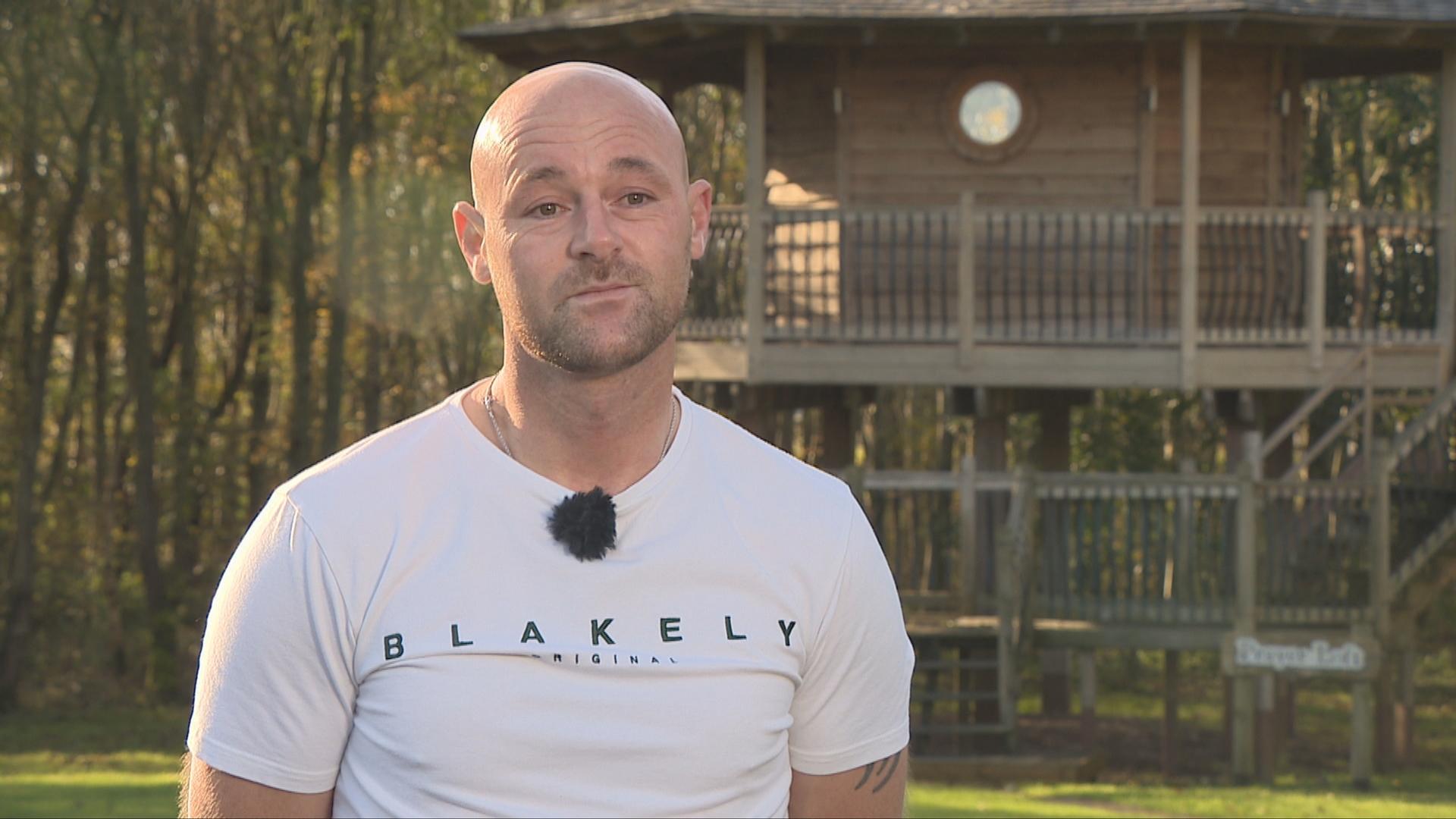 STV News
STV NewsDad-of-two Stephen Middleton worked in the oil and gas industry to feed his addiction – and what started as taking pharmaceutical tablets eventually led to heroin.
Sunnybrae was that lifeline for Stephen – a rehab that’s been supporting people through addiction for more than two decades.
He said he initially denied having a drug problem before accepting help from his family.
“I thought I was in control – I was never in control. i needed that to get out my bed in the morning.
“I was a working addict – I had to work to feed my habit – and it took a lot of years for me to crash.”
He says the programme has transformed his life.
He added: “It was hard, but it gets easier. When you come through the programme it’s life-changing, it really is.
“I’ve never been so happy. The future is bright for me, I can see it. I’m going to work at it every day.”
‘There’s no silver bullet’
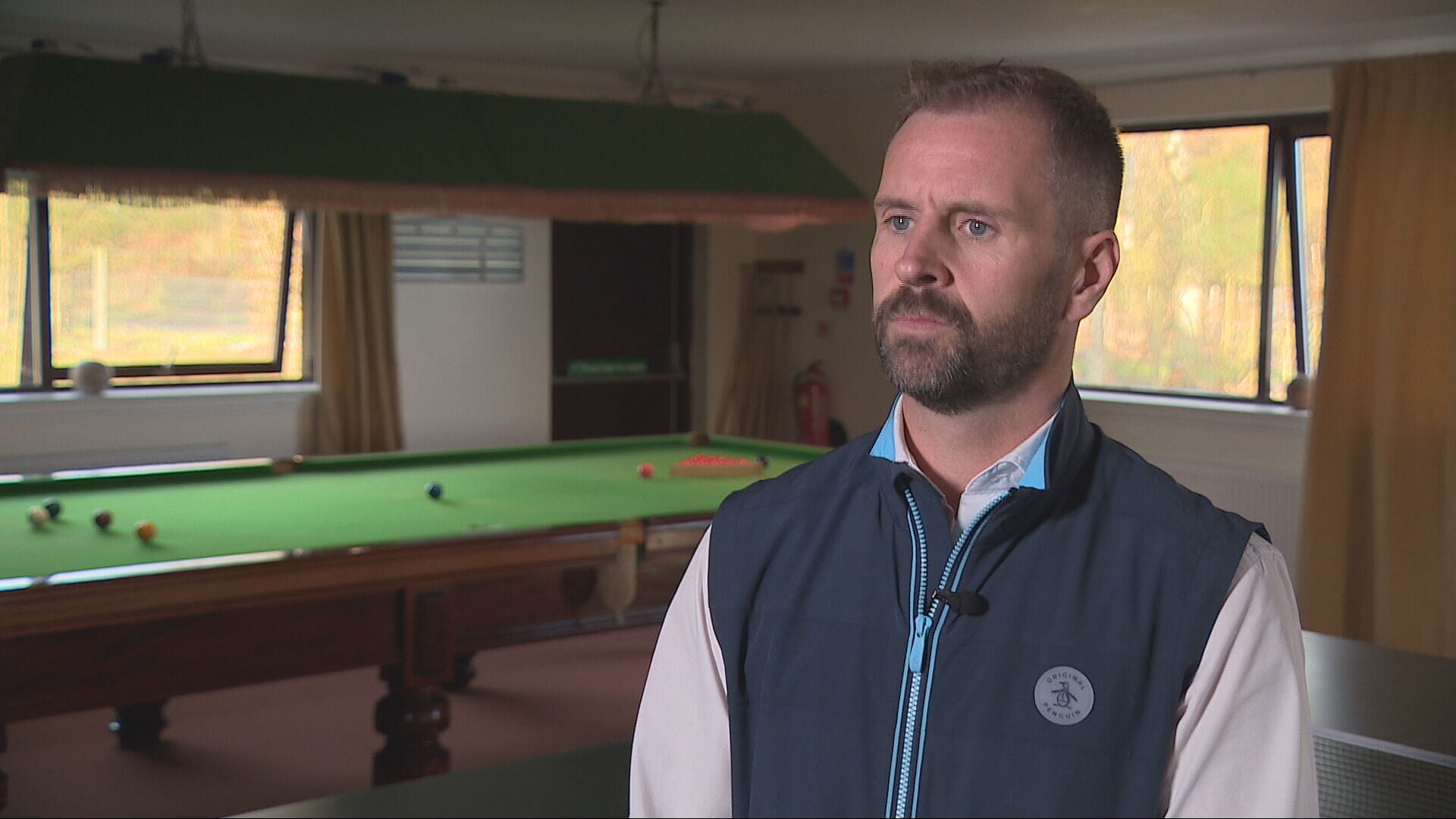 STV News
STV NewsPaul Beaton is the centre manager at Sunnybrae.
“Basically, every area of their life usually has been wrecked through substance abuse and alcohol. They come to us looking to find freedom, and our programme is year-long, which is huge because there’s no short quick fix, no silver bullet.
“So we’re able to get these guys in, reduce them in meds, and then we’re just getting to work at that point.
“We’re able to journey with them, the programme is made up of a big balance of counselling, class work, and recreational and other things.
“The hope and prayer is we get the guys here and we’re getting them off drink and drugs. But ultimately, we want to help them address the underlying root causes of their addiction – can be trauma, grief, a manner of different issues.”
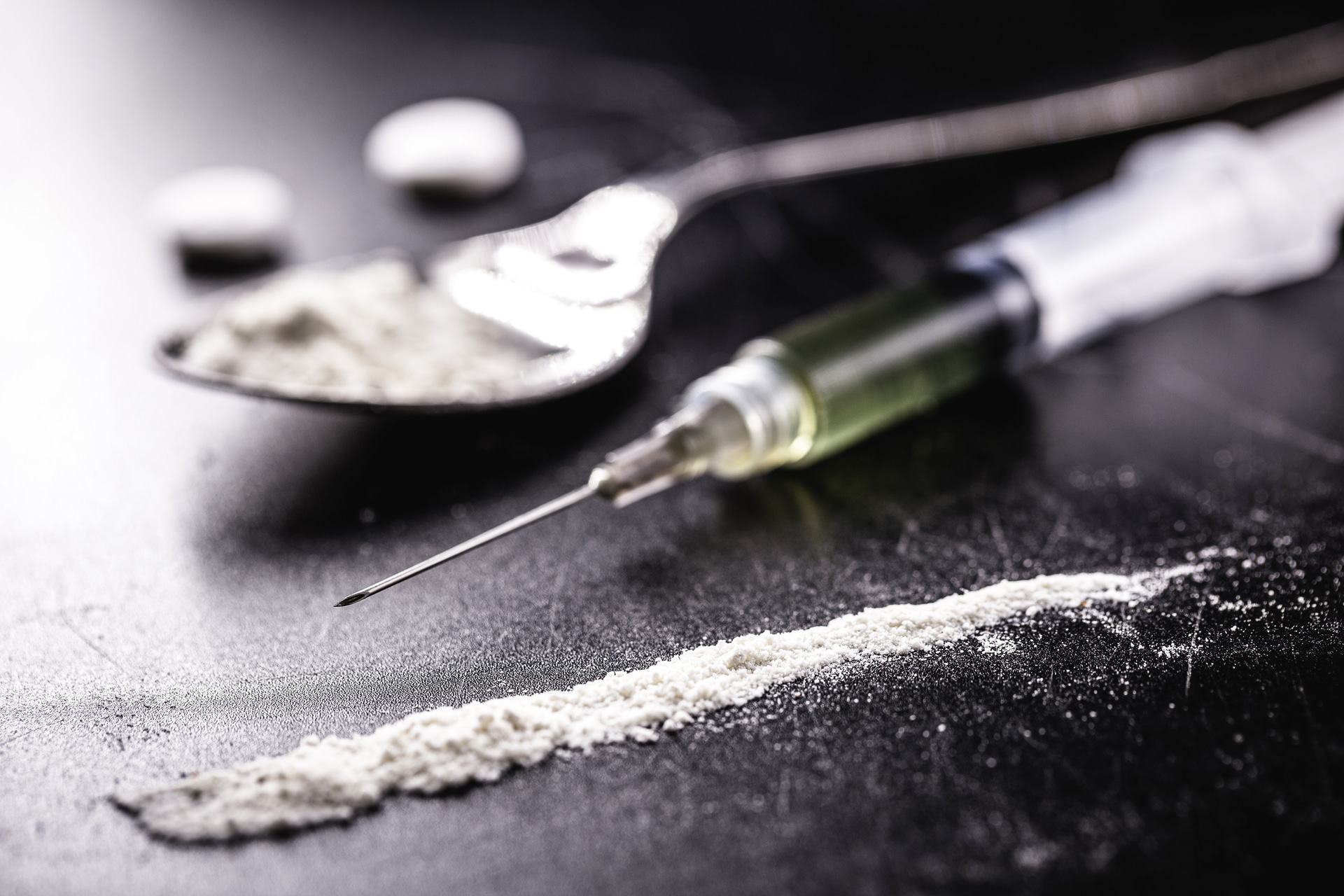 Adobe Stock
Adobe StockDrugs minister Maree Todd said the government had invested £38m to expand residential rehab capacity and increase publicly funded places across Scotland.
“One of the things we focused on is not simply putting more money in the system, but making sure it goes to the right places,” she said.
“As the National Mission draws to a close, there’s a lot of anxiety within the system around future funding, and I want to reassure people. I can’t pre-empt budget processes, but we are committed to maintaining funding.”
While heroin has largely fuelled Scotland’s drug crisis in recent decades, Todd stated that the picture has changed, with service providers now seeing a surge in the use and injection of cocaine.
“It’s an unregulated market, and that means much of it is contaminated. They are often not getting what they think they are buying, which makes it very dangerous.
“We’re looking to invest in drug testing and checking facilities, backed up by our National Testing and Research Lab in Dundee. We need to remain agile and keep ahead of a changing picture.”
Todd emphasised that recovery often takes time and there’s no single solution that works for everyone.
She added: “Recovery is rarely linear and support is needed long-term – but it is possible. That’s the exciting and positive thing about working in this portfolio, that I see people completely transform their lives.”
Follow STV News on WhatsApp
Scan the QR code on your mobile device for all the latest news from around the country


